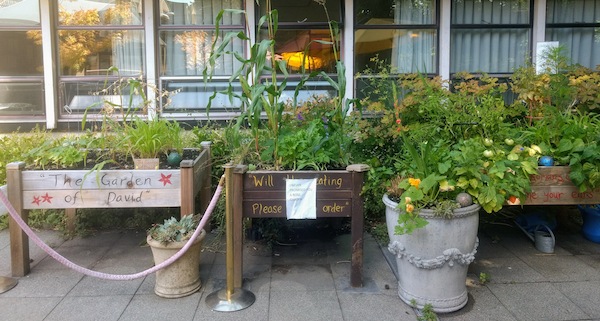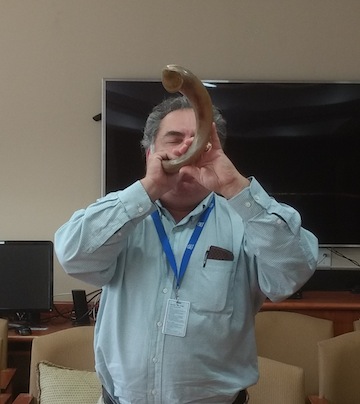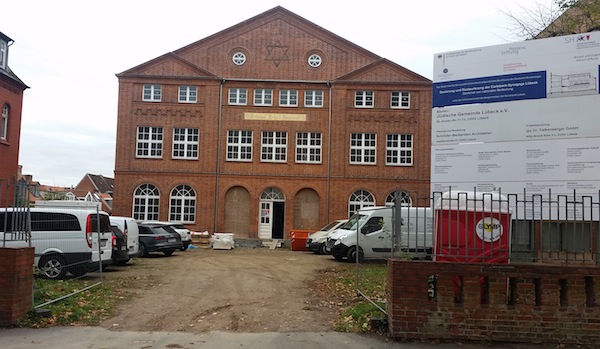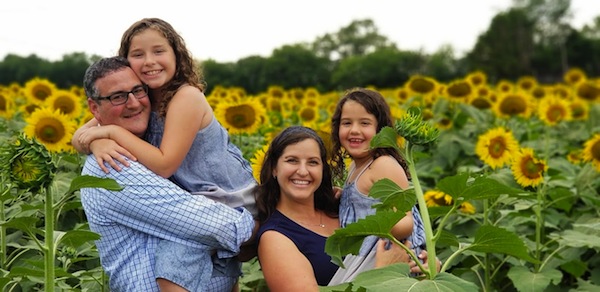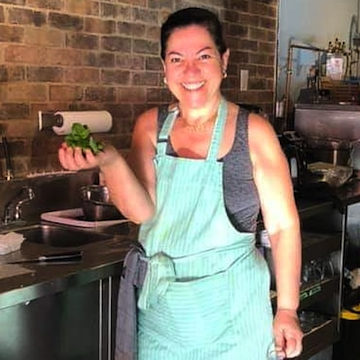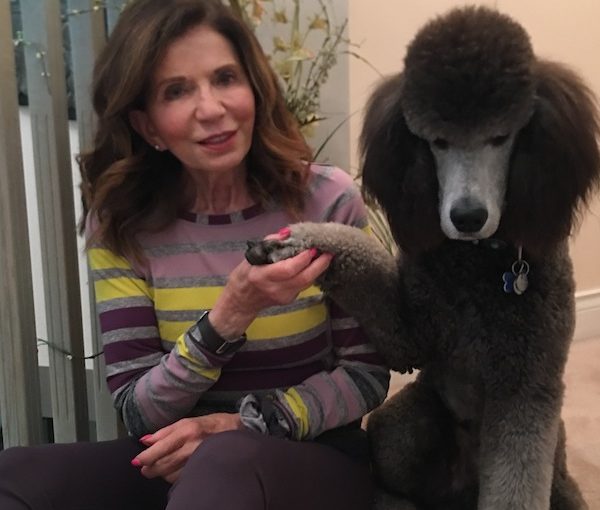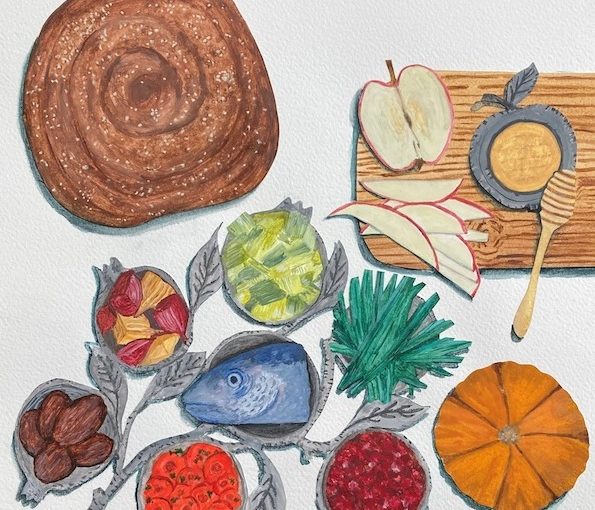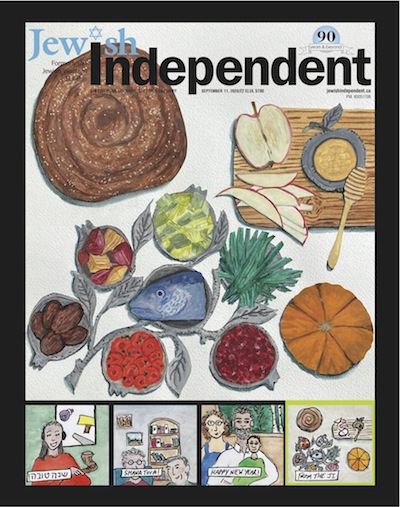Left to right: Bahrain Minister of Foreign Affairs Abdullatif al-Zayani, Israeli Prime Minister Binyamin Netanyahu, United States President Donald Trump and United Arab Emirates Minister of Foreign Affairs and International Cooperation Sheikh Abdullah bin Zayed sign the Abraham Accords on Sept. 15 at the White House in Washington, D.C. (photo by Avi Ohayon/IGPO via Ashernet)
The news on erev Rosh Hashanah that U.S. Supreme Court Justice Ruth Bader Ginsburg had passed away at age 87 cast a pall over many celebrations. Some in our community shared a teaching that says that a person who dies on Rosh Hashanah is a tzaddik, a righteous person. As tributes poured in for the late jurist, it was clear that many viewed Ginsburg as a tzaddeket, irrespective of the timing of her passing. Grief over her death was joined by the inevitable political implications of a Supreme Court vacancy mere weeks before U.S. general elections.
While Ginsburg’s death, at an advanced age and after years battling successive experiences with cancer, may not have been a complete shock, it was, for many, a tragic conclusion to the Jewish year 5780. The pandemic will be the imprinted memory of this time, but a succession of other events – uncontained climate change-driven wildfires and other natural disasters, political unrest, racial violence and police brutality, plus a litany of other crises and inconveniences – will be included when the history of this year is written.
Bad times can also bring out the best in people, though, and there is an uplifting inventory of good deeds. Locally, the way the Jewish community has rallied around those in need of food, social services and support has been heartening. This local unity and kindness have been mirrored in communities worldwide.
Among the few brighter spots on the international scene has been an opening of relations between Israel and parts of the Arab world. Suddenly, or so it appeared to most casual observers, the United Arab Emirates announced it would initiate diplomatic relations with Israel. The Kingdom of Bahrain followed suit. Other countries are alleged to be considering similar paths. When the Arab League was called upon to condemn this historic shift in relations, the body opted against. With the exception of Palestinians, the commentary from most Arab countries has been positive.
This has perhaps less to do with any newfound admiration for Israel than it does self-interest in the form of economic potential in bilateral relations with the region’s economic superpower. Geopolitical self-interest is also a factor. Nothing makes friends like shared enemies and Iran, with its nuclear initiative and ambitions for regional hegemony, makes whatever complaints the Arab world had against Israel pale in comparison. To say nothing of what’s in it for Israeli Prime Minister Binyamin Netanyahu’s political ambitions or the electioneering of the U.S. president just prior to elections in that country.
Self-interest is most likely at play in another sudden development. If there wasn’t enough happening in the world, on Monday, B.C. Premier John Horgan called a snap election, a year ahead of schedule. The wisdom of holding an election during a state of emergency has been challenged by opposition leaders and others, but the governing party did significant polling on the subject and must have concluded that whatever reticence there may be on that front was canceled out by the New Democrats’ strong position in opinion polls. By the time voting ends, on Oct. 24, most British Columbians will hopefully be more focused on the issues than on the timing.
The timing, though, is another wrinkle. The law that set fixed election dates – and which Horgan, therefore, flouted by calling the vote early – also fixes the date for the third Saturday in October. While British Columbians vote in municipal elections on Saturdays, provincial (as well as federal) elections have always been on weekdays. Observant Jews will have to make accommodations and vote early. Autumn being what it is, it is theoretically possible to race to the polls after sundown and before the 8 p.m. cutoff. Less frantically, there are seven days of advance voting, an increase from six days in the 2017 election. All voters can request mail-in ballots – early reports from avid voters suggest the process is simple and takes only a couple of minutes. It is possible to pick up (call first!) and return your vote-by-mail package at an electoral district office. For people with disabilities, there is an opportunity for voting by phone.
The pandemic has created all range of challenges in our lives. Voting in the midst of it comes with its own difficulties, but, however one feels about the decision to call an early vote, the wheels are in motion. Turnout was up in 2017 to 61.2%, an improvement from the mid-50% turnout in the previous two elections. We face important decisions about the path to an economic recovery and the management of the ongoing pandemic. We must each of us make a plan to vote, and encourage friends and family to do the same. Find out more at elections.bc.ca.


